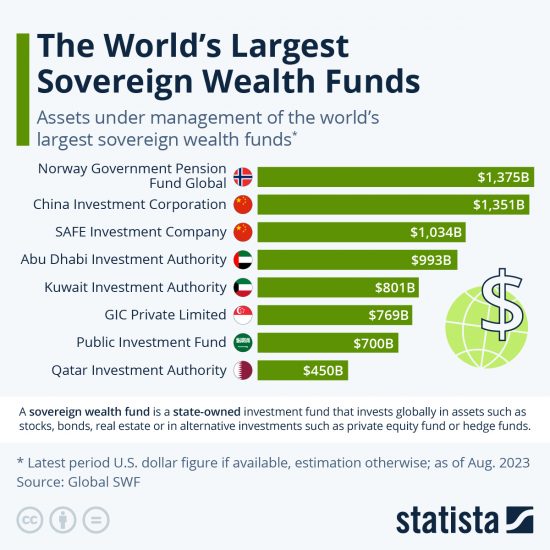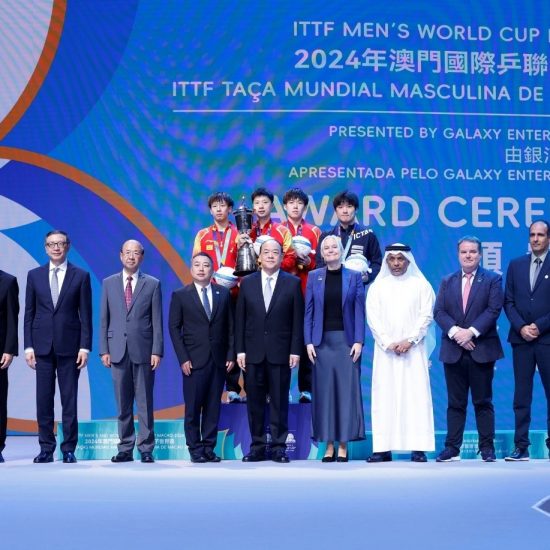The formative years of my journalistic career coincided with the ‘super reign’ of legendary editor of Patriot, Edatata Narayanan. Edatata had a unique equation with Jawaharlal Nehru as prime minister: he was a bitter critic of Nehru and yet a true friend of his. That was quite unlike the present generation of politicians who consider their critics as their worst enemies. Edatata travelled ahead of his time in choosing the style of his writings; sometimes he used the medium of dreams to drive his points home. And Nehru loved it and asked for more.
Inspired by Edatata Narayanan’s audacious adventures, I dared to dream my own dream. It ran like this: Pinarayi has just been sworn in as prime minister of India. As soon as he was sworn in, the new prime minister shifted the PM House to Rashtrapati Bhavan. And he sat in the high-backed chair in the quiet chambers of Rashtrapati Bhavan, his eyes tracing the intricate patterns on the carpet. The weight of the nation rested on his shoulders—the dreams of a billion and forty crore souls, the aspirations of a diverse land.
He had ascended from the coconut groves of Kannur to the power corridors of Delhi. The journey was not without its trials—the fiery debates in the Kerala assembly going into midnight sessions, the relentless scrutiny of the opposition, an unending series of corruption charges, including the infamous Lavelin, would have unsettled any ordinary mortal. But Vijayan wore it like a badge of honour.
Now, as prime minister, he envisioned something audacious—a United Nations of his own making on the lines of Kerala Lok Sabha, which he had launched with great fanfare when he was chief minister of Kerala. Not the bureaucratic behemoth that convened in New York, but a nimble assembly of nations within India’s borders. Each state, each union territory, a sovereign entity with its own flag, its own anthem, its own seat at the table.
The pundits scoffed. “Impractical,” they whispered. “A pipe dream,” they declared. But Vijayan was undeterred. He had seen the fault lines—the linguistic divides, the regional disparities, the simmering tensions. India was a symphony of cacophony, and he aimed to conduct it.
He summoned the Chief Ministers—their faces etched with curiosity, suspicion, and a touch of awe. They gathered in the grand hall, their chairs arranged in a circle. Kerala’s red-and-white flag fluttered next to Maharashtra’s saffron-and-green. Tamil Nadu’s yellow-and-red stood shoulder to shoulder with Assam’s blue-and-white.
Vijayan rose, his voice steady. “My fellow leaders,” he began, “we are a federation, but we are also a family. Our diversity is our strength, but it can also be our Achilles’ heel. The United Nations has its flaws—too slow, too bureaucratic. Let us create our own—a nimble, responsive assembly where every voice matters.”
The room buzzed with murmurs. Mamata Banerjee leaned forward, her eyes sharp. “And what shall we call this assembly?” she asked.
Vijayan smiled. “The United Assembly of Nations.”
The room erupted. Nitish Kumar clapped, Naveen Patnaik nodded, and Arvind Kejriwal raised an eyebrow. The United Assembly of Nations —it had a ring to it, a promise of unity amidst diversity.
They debated—the allocation of seats, the voting procedures, the powers vested in this new assembly. Karnataka’s Siddaramaiah argued for proportional representation; Gujarat’s Vijay Rupani advocated for a rotating presidency. Andhra Pradesh’s Jaganmohan Reddy insisted on a cultural exchange programme—each state hosting the others, sharing their art, their cuisine, their stories.
Vijayan listened, his eyes on the tricolour hanging above. The United Assembly of Nations would be more than a talking shop; it would be a laboratory of ideas, a crucible of cooperation. The states would negotiate, compromise, and occasionally clash—but they would do so under one roof.
As the sun dipped below the Yamuna, the Chief Ministers signed the charter—the birth certificate of the United Assembly of Nations. They stood together, their hands on the parchment, their hearts echoing the ancient Sanskrit verse: “Ekam sat, vipra bahudha vadanti”—Truth is one, the wise call it by many names.
And so, the United Assembly of Nations began—a microcosm of India, a mosaic of voices. Pinarayi Vijayan watched as the flags fluttered—the tiger of Telangana, the lotus of Uttar Pradesh, the plough of Punjab. The Prime Minister had set the stage; now it was up to the states to dance.
And in that hallowed hall, as the echoes of their debates reverberated, Vijayan knew—he had not just created a new united nations assembly; he had woven a tapestry of hope, resilience, and shared destiny.
Also published on Medium.






